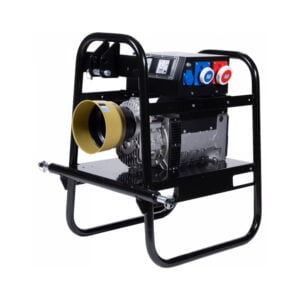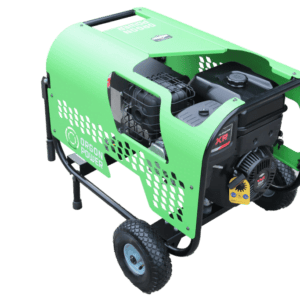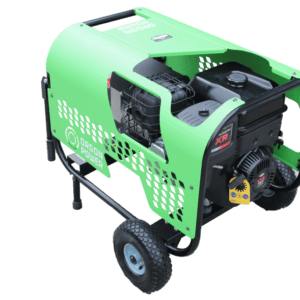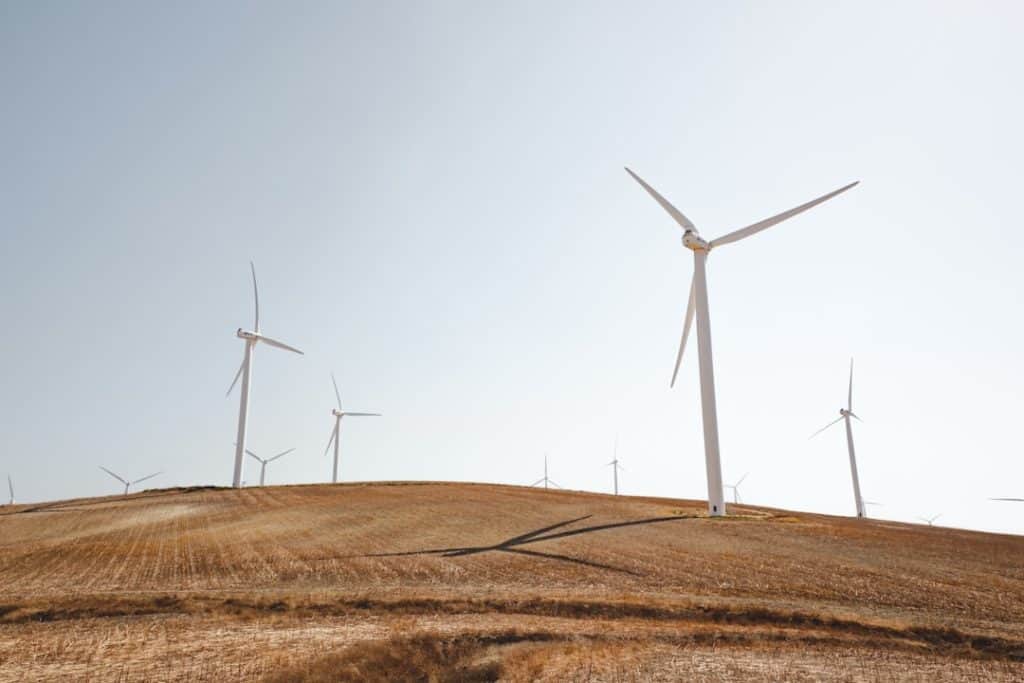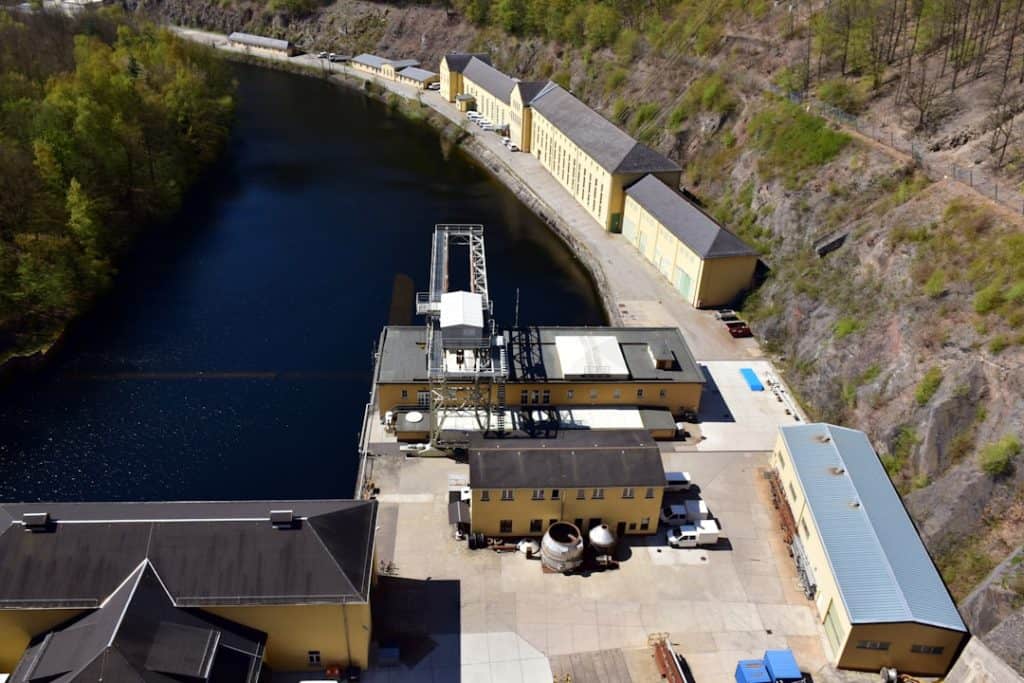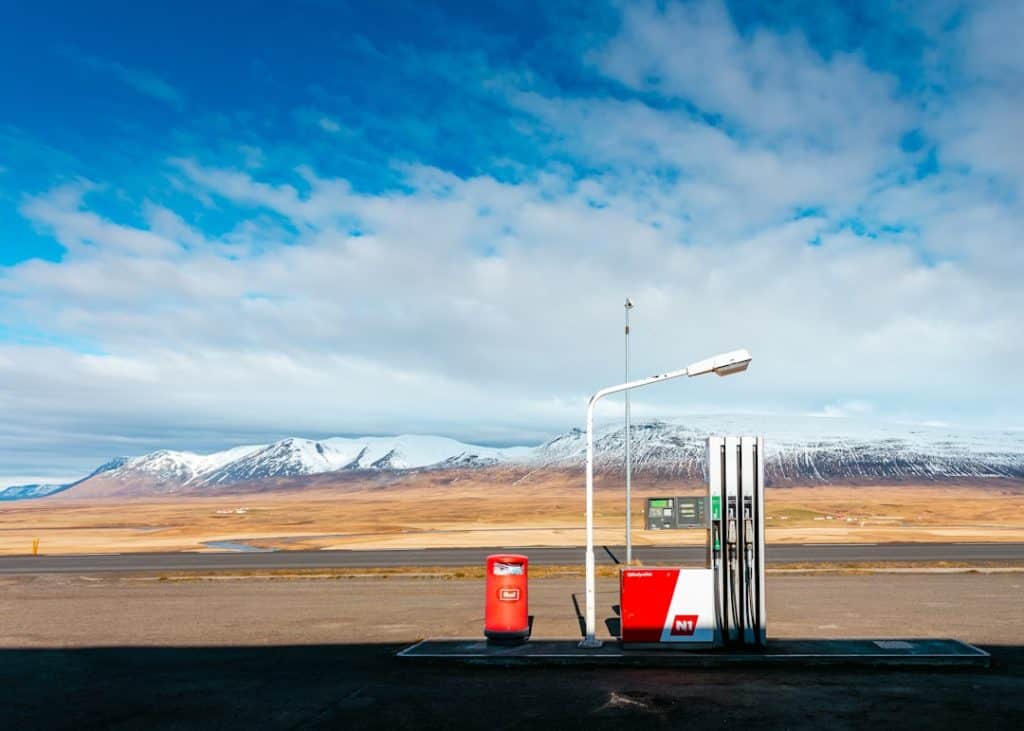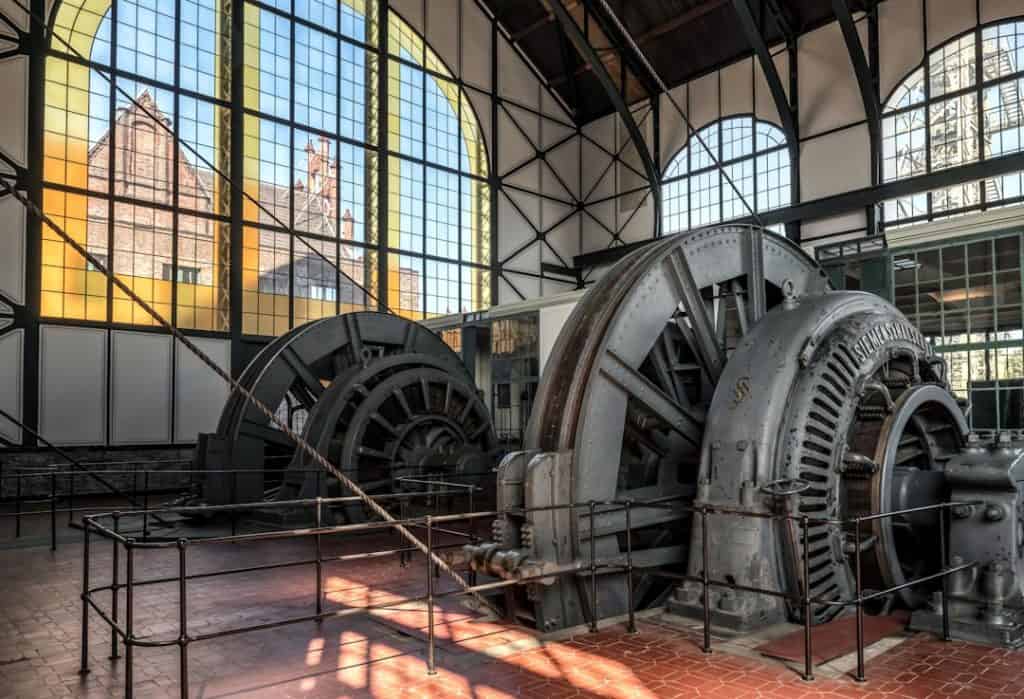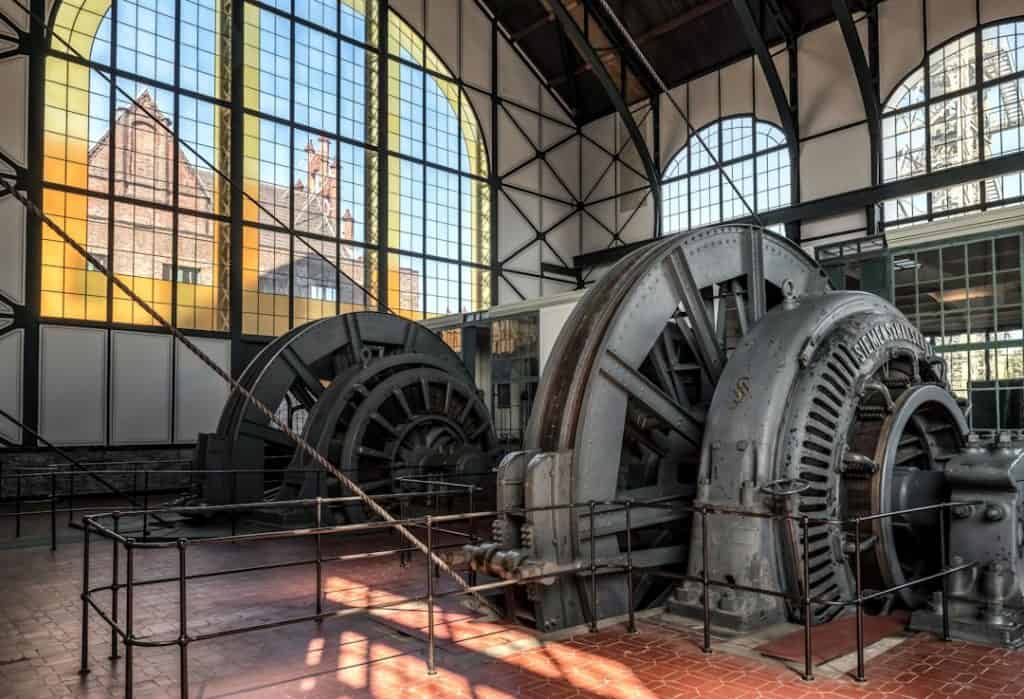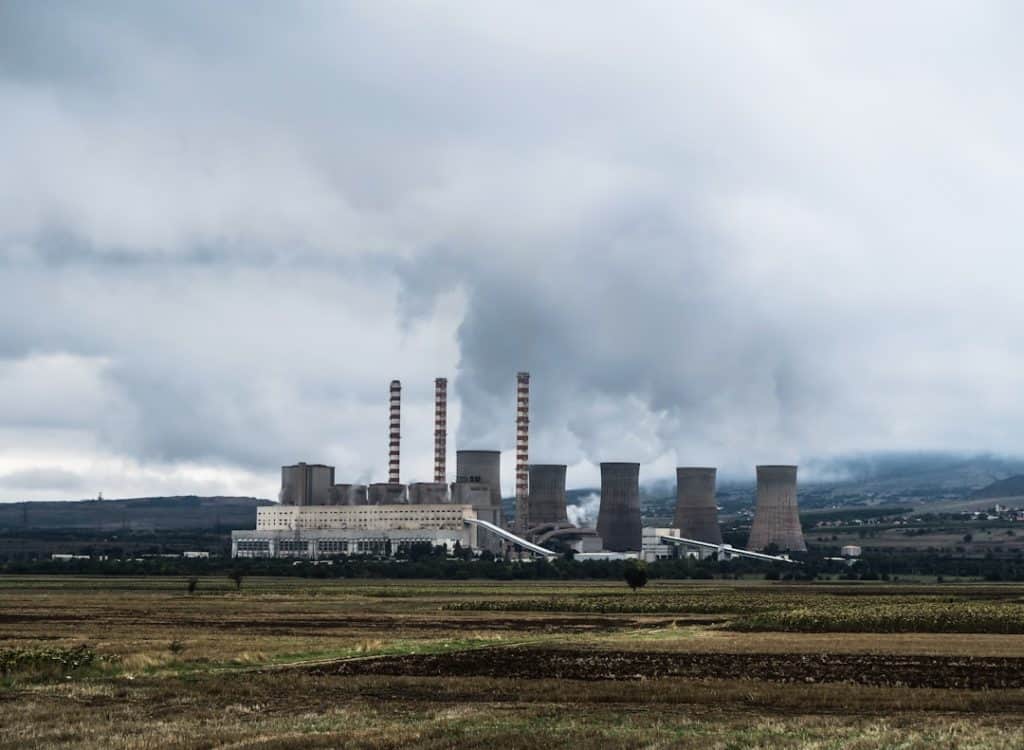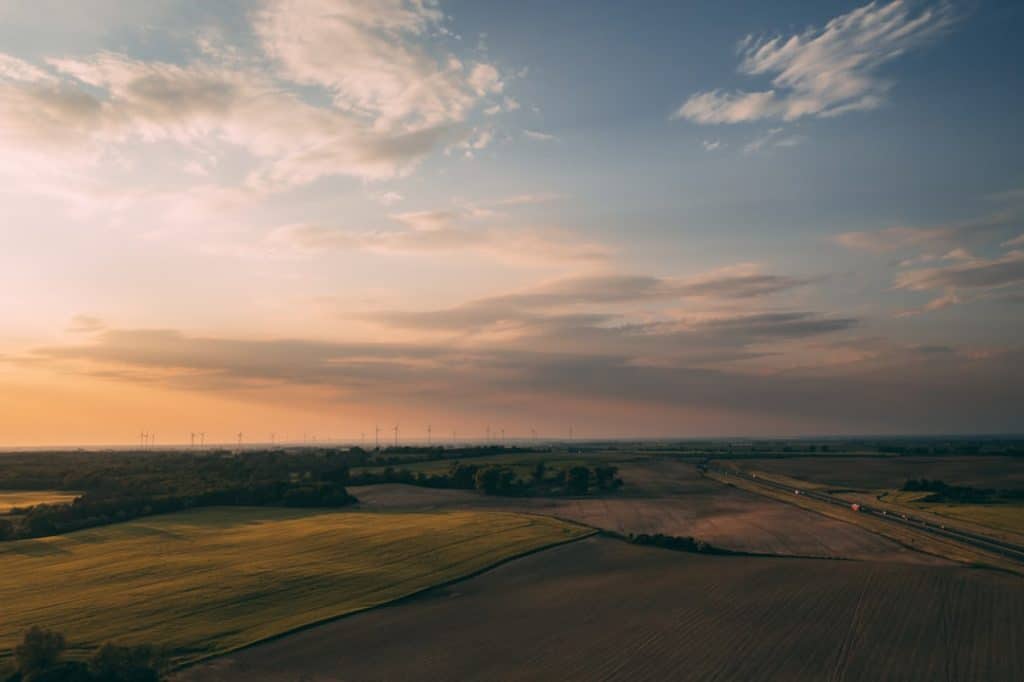When choosing a generator for household electricity, it is necessary to consider several key factors. First of all, it is necessary to estimate the total consumption of electricity in the home in order to determine the adequate power of the generator. It is important to take into account the type of fuel that will be used, as well as the financial resources provided for the purchase of the device.
Additional factors to consider include the noise level produced by the generator set, its physical dimensions and transportability. For the correct selection of aggregates, it is necessary to analyze the specific needs of the household. Larger households with numerous electrical devices may require aggregates of higher power, while for smaller residential units, aggregates of lower power are often sufficient.
The choice of fuel type depends on individual preferences: gasoline generators are often more compact and easier to move, while diesel or gas generators can provide greater efficiency and longer service life. The financial aspect is also an important factor in the selection. The goal is to find the optimal relationship between quality and price, in order to provide an aggregate that best suits the specific needs and capabilities of the user.
Thorough market research and comparison of different models is recommended before making a final purchase decision.
Key Takeaways
- Choosing the right power generator for your home depends on your needs and the type of electrical devices you want to power.
- The size and power of the power generator should match the needs of the house in order to provide enough energy for all devices.
- The fuel and consumption of the power generator should be in accordance with your budget and the availability of fuel in your region.
- Regular maintenance of power generators is crucial for extending the service life and efficiency of operation.
- When using generators for electricity, it is important to take into account safety factors in order to avoid injuries and accidents.
The size and power of the power generator
When it comes to generator size and wattage, it's important to consider your home's electricity consumption to determine the right generator wattage. Larger appliances such as refrigerators, air conditioners and washing machines require more power, while smaller appliances such as light bulbs and mobile phone chargers require less power. Also, it is important to take into account that some devices will require a higher starting power when starting, so it is important to take this characteristic into account when choosing a generator.
When choosing the size and power of your generator, it's important to consider all the electrical appliances you plan to use during a power outage. If you have a larger house with more electrical appliances, you may need a higher power generator to make sure you can cover all your needs. On the other hand, smaller houses or apartments can rely on less generator power.
Also, it is important to take into account the reserve power that will be needed to start some appliances that require more initial power. Finally, it is important to consider the budget when choosing the size and power of the generator, in order to find a balance between the needs of your household and the available financial resources.
Fuel and power generator consumption

When it comes to fuel and power generator consumption, it is important to consider several factors in order to make the best choice for your needs. First, you should consider the availability of fuel in your region to choose the most practical option. Also, it is important to take into account the fuel consumption of the generator set in order to predict the cost of use over a long period of time.
When choosing fuel for your generator, it is important to consider the practicality and availability of fuel in your region. For example, if you live in a rural area where a gas station is far away, you may want to consider diesel or gas options that may be more convenient for you. Also, it is important to take into account the fuel consumption of the generator set in order to predict the cost of use over a long period of time.
Larger generators tend to use more fuel, so it's important to consider these costs when choosing fuel for your generator.
How to maintain an electricity generator
| Aggregate type | Maintenance |
|---|---|
| Gasoline unit | Regular checking of oil level, air filter and spark plugs. Cleaning and checking the correctness of the ignition cable. |
| Diesel generator | Regular checking of fuel, oil and filter levels. Checking the correctness of the battery and ignition system. |
Maintaining your generator set is critical to ensure its longevity and reliability over time. Regular maintenance includes cleaning the air and oil filters, checking the oil and fuel levels, as well as checking the correctness of all electrical components. Also, it is important to run the generator regularly to ensure that all components are working properly.
When it comes to generator maintenance, regular cleaning of the air and oil filters is essential to ensure optimal engine performance. Also, regular checking of oil and fuel levels is important to avoid engine damage due to lack of these fluids. Also, it is important to regularly check the correctness of all electrical components to ensure that the unit will work properly when in use.
Finally, regular start-up of the generator set is essential to ensure that all components are working properly and are kept lubricated during long periods of non-use.
Safety factors when using generators for electricity
When using a generator, it is important to consider several safety factors to ensure safe use. First, good ventilation should be ensured when using the generator to avoid gas poisoning. Also, it is important to place the unit in a safe place out of the reach of children and pets in order to avoid injuries.
When using a generator for electricity, it is important to ensure good ventilation to avoid poisoning by gases emitted when the engine is running. Never use the unit indoors or near windows or doors to avoid the risk of gas poisoning. Also, it is important to place the unit in a safe place out of the reach of children and pets in order to avoid injuries due to contact with moving parts or hot surfaces.
Finally, regular checks of electrical components are essential to avoid the risk of electric shock when using the generator.
Use of generators for electricity during emergency situations

During emergency situations such as storms or floods, the use of generator sets can be vital to ensure a continuous supply of electricity. It is important to have a plan for using generators during emergencies to ensure the safety and comfort of your family. Also, it is important to regularly maintain the generator to ensure that it will be ready for use in the event of an emergency.
When it comes to emergency situations like storms or floods, the use of generator sets can be vital to ensure a continuous supply of electricity. It is important to have a plan for using generators during emergencies to ensure the safety and comfort of your family. Also, regular maintenance of the generator is essential to ensure that it will be ready for use in the event of an emergency.
Tips for efficient use of generators for electricity in the house
When using a power generator at home, there are some tips that can help you use this device effectively. First, try grouping electrical appliances to reduce the load on the generator. Also, regular maintenance of the unit can help to increase the efficiency of work and extend the life of the device.
When using a generator for electricity in the house, try to group electrical appliances to reduce the load on the generator and increase the efficiency of operation. For example, you can use larger appliances like refrigerators or air conditioners at different times to reduce the load on the unit. Also, regular generator maintenance can help increase efficiency and extend the life of the unit, so make sure you regularly clean the air and oil filters, check the oil and fuel levels, and check the electrical components.
FAQs
What is a power generator for the house?
A home power generator is a device that produces electricity when the main power source is unavailable. This is useful for emergency situations or when there is no access to the mains.
How does the power generator for the house work?
The power generator for the house works on the principle of converting mechanical energy into electrical energy. The engine drives a generator that produces electricity.
What are the advantages of using generators for electricity for the house?
The advantages of using generators for home electricity include independence from the power grid, the possibility of use in emergency situations and the possibility of use in remote areas where there is no access to the power grid.
How to choose the right power generator for the house?
When choosing a generator for electricity for the house, it is important to take into account the required power, fuel type, noise level, autonomy of operation and other characteristics that correspond to the needs of the household. It is also important to consider the reliability and maintenance of the device.

